Monsoon Brides: Reclaiming Safe Spaces for Women in Sindh
How Elise Serre-Simpson’s Handcrafted Architecture Counters the Tides of Crisis
In a climate-driven world where architectural interventions often come clad in steel and glass, Elise Serre-Simpson, a Part II Architecture Graduate and founder of Atelier Serre illustrations, has charted an altogether different course. Drawing from immersive field research in Sindh, Pakistan, and a transnational education journey—Bachelors in London, Masters in Paris—her final design thesis, “Monsoon Brides,” is a testament to the role of handcraft, context, and compassion in contemporary architecture.
Serre-Simpson’s practical grounding at globally lauded practices—Mexico’s Tatiana Bilbao Estudio and Yasmeen Lari’s Heritage Foundation—infuses her work with a unique duality: the global rigor of design excellence with deep respect for the local and the vulnerable. “Monsoon Brides” is her answer to complex social challenges intensified by ecological upheaval, a demonstration of purposeful architecture at its most sensitive and socially engaged.
Responding to Floods and Forced Childhoods
The project’s genesis lies in the aftermath of the catastrophic 2022 floods that submerged vast regions of Sindh. When much of the landscape was under water, the deluge did more than destroy crops and homes—it eroded the fragile fabric of livelihoods. For many families, the disaster brought a harrowing escalation of forced early marriages, where marrying off young daughters became a survival strategy. Serre-Simpson’s thesis sets out to disrupt this cycle, offering architectural solutions that empower and protect girls and women during times of crisis.
At the heart of “Monsoon Brides” is the belief that architecture is not only about creating shelter; it is about building social infrastructure. Serre-Simpson’s extensive research—conducted under the Heritage Foundation’s Climate Programme—mapped the everyday routines of local women. She discovered that water pumps serve as critical points on these routes, acting as de facto community hubs where women collect water, wash clothes, and exchange information. These sites organically fostered female social bonds, but they lacked privacy, shelter, and a sense of safety.
Bamboo, Rope, and Stories: Modular Interventions
In response, “Monsoon Brides” deploys a series of modular bamboo structures that utilize local materials—bamboo, rope, and handmade textiles—to create spaces that are both adaptable and deeply rooted in Sindh’s artisanal heritage. These aren’t just shelters; they are catalysts for resilience, designed to support self-sufficiency and community connection.
The design is organized into six modular configurations, each one customizable, enabling women in different villages to adapt and expand the spaces according to their unique needs. Construction manuals, illustrated and compiled using local techniques, empower communities to build independently, turning users into makers rather than recipients.
Hand-drawn maps and architectural details speak to Pakistan’s tradition of textile art and handcrafting. Decorative motifs drawn from local embroidery and weaving honor the region’s vibrant artisanal identity. Here, the act of building becomes an extension of the women’s creative repertoire—practical and poetic, offering both physical shelter and a symbol of cultural continuity.
Safe Spaces for Empowerment
The impact of these modular structures extends far beyond protection from the elements. By positioning them around existing water pumps—the everyday crossroads of women’s lives—the project integrates seamlessly into local rhythms. These new ‘gathering shelters’ become safe harbors where women and girls can meet, share stories, learn new skills, and build supportive networks.
In a context too often defined by restriction and risk for women, the thesis aims to reclaim public space and social agency. The shelters safeguard against early marriage by offering alternatives: spaces where learning, collective decision-making, and personal growth are possible. Communities can use these spaces for small-scale education sessions, artisan workshops, and emergency support, effectively weaving social and architectural resilience together.
Championing Tradition with Meticulous Craft
What makes “Monsoon Brides” particularly compelling is Serre-Simpson’s reverence for local craft. Eschewing slick, imported solutions, every drawing, plan, and manual is meticulously hand-drawn—mirroring the handcrafted spirit embedded in Sindh’s culture. The bamboo and textile architecture doesn’t just blend aesthetically within the landscape; it symbolically acknowledges women’s knowledge and skills often sidelined in crisis response.
By harnessing traditional construction techniques and celebrating textile motifs, the project subtly addresses the psychological scars left by disaster and social injustice. The architecture becomes not just a response to climate, but an assertion of dignity and continuity, a space of solidarity rather than stigma.
A Blueprint for Socially Engaged Practice
Elise Serre-Simpson’s “Monsoon Brides” signals a way forward for socially conscious architects and designers. Rather than imposing alien forms, the project listens and learns before it acts, collaborating with local women to shape solutions that are truly theirs. In doing so, Serre-Simpson bridges the worlds she has inhabited—from cutting-edge studios in Mexico to heritage conservation in Pakistan—delivering an architectural thesis as rigorous as it is heartfelt.
Her approach, combining architectural thinking with ethnographic sensitivity and illustrative handcraft, is a model for the next generation of architects who see their profession as a vehicle for both creative expression and profound social change.
Connect and Collaborate with Elise Serre-Simpson
Elise Serre-Simpson continues her explorations at the intersection of architecture, illustration, and social resilience through Atelier Serre. Prospective collaborators, researchers, and supporters of craft-driven, community-centred design can connect with her via LinkedIn, join the journey on Instagram, or reach out directly at elise.serresimpson@outlook.com.
Here, the seeds of “Monsoon Brides” may yet grow—branching from the flooded fields of Sindh to a global movement that celebrates architecture’s capacity to nurture, protect, and empower.
Written for the Architecture Social by [Author Name].

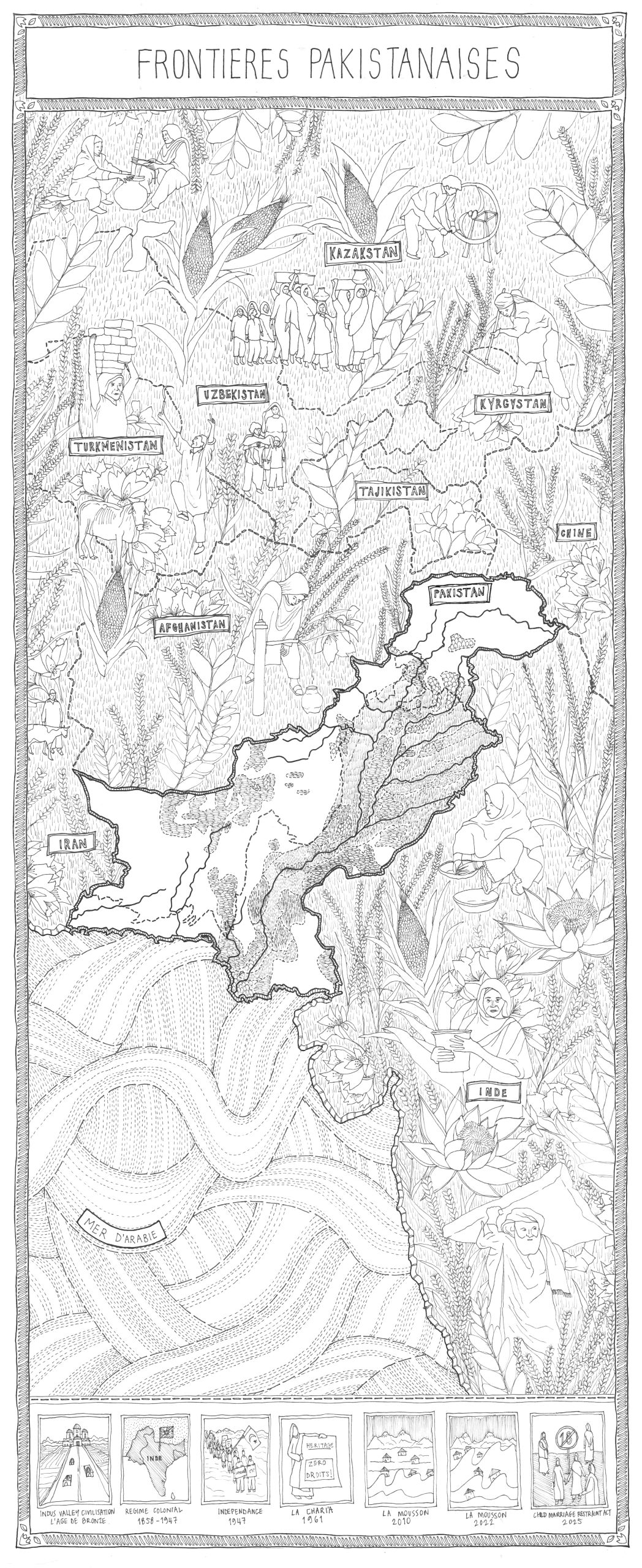

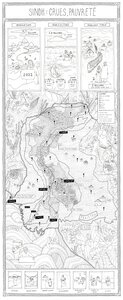
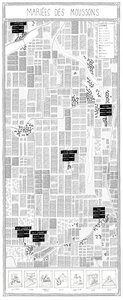
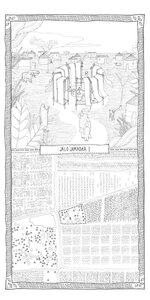
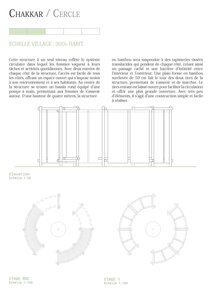


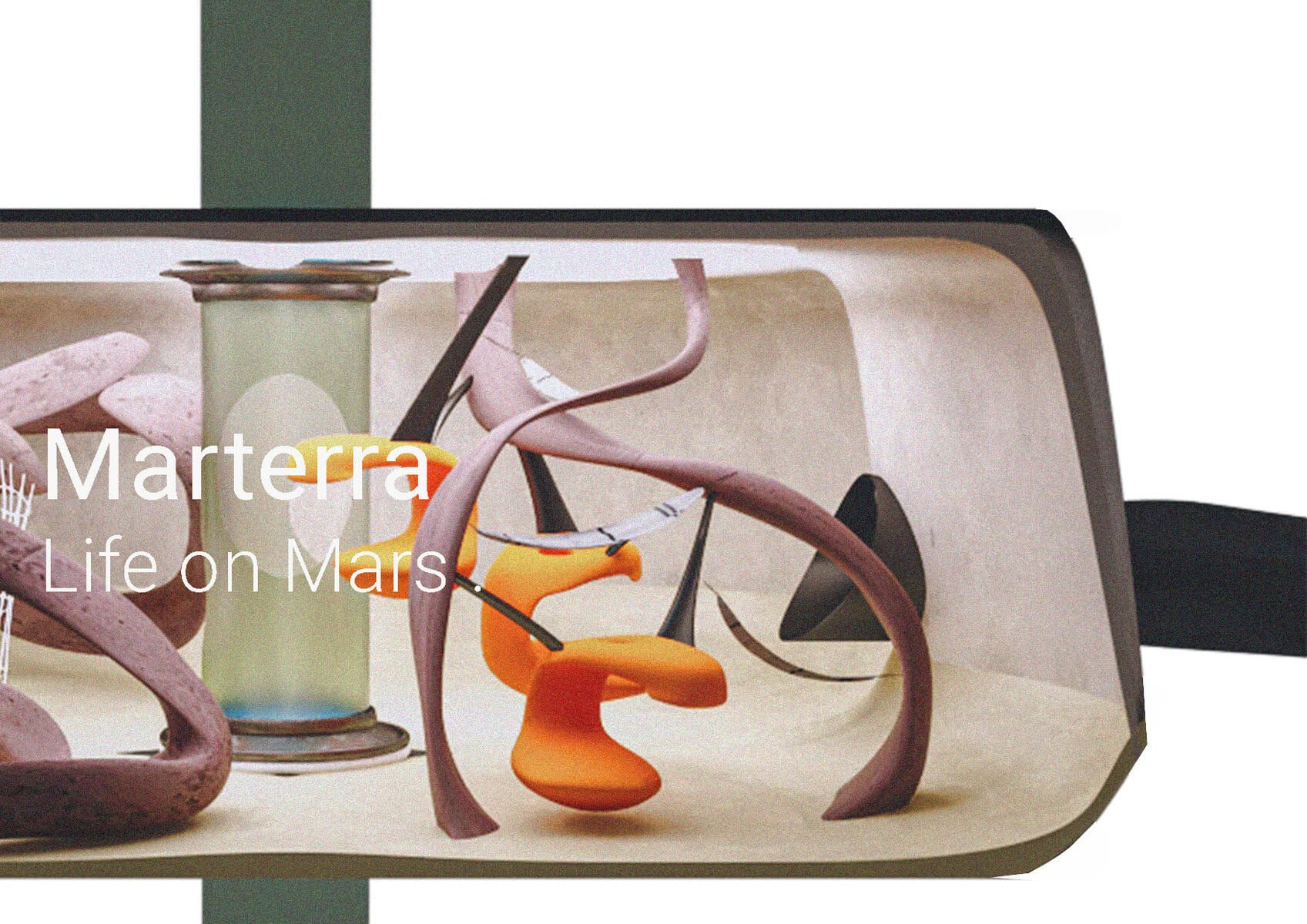

Add a comment